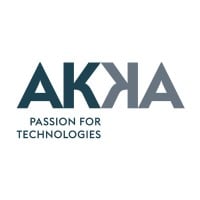
RLX Corporation
RLX Corporation is an IT deployment & Logistics company that provides various upgrades and installations of different kinds of hardware. Some of this hardware would include computers, scanners, printers, monitors and network components. RLX works closely with the IT Staff of its customers in order to streamline processes and procedures to successfully deploy the hardware of any given project. RLX Corporation is proud to offer a very unique combination of services, consultation and support. Customers can now save time and money by working with one company for many of their necessary business needs and achieve greater productivity through the use of cutting edge technology. We will work with our customers to provide the best solution utilizing the products and services and people that best fit the application.






